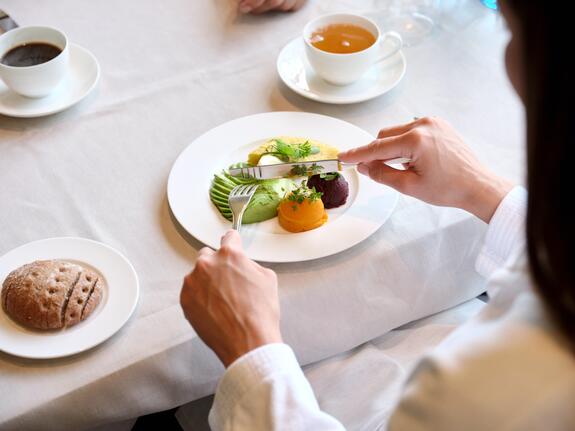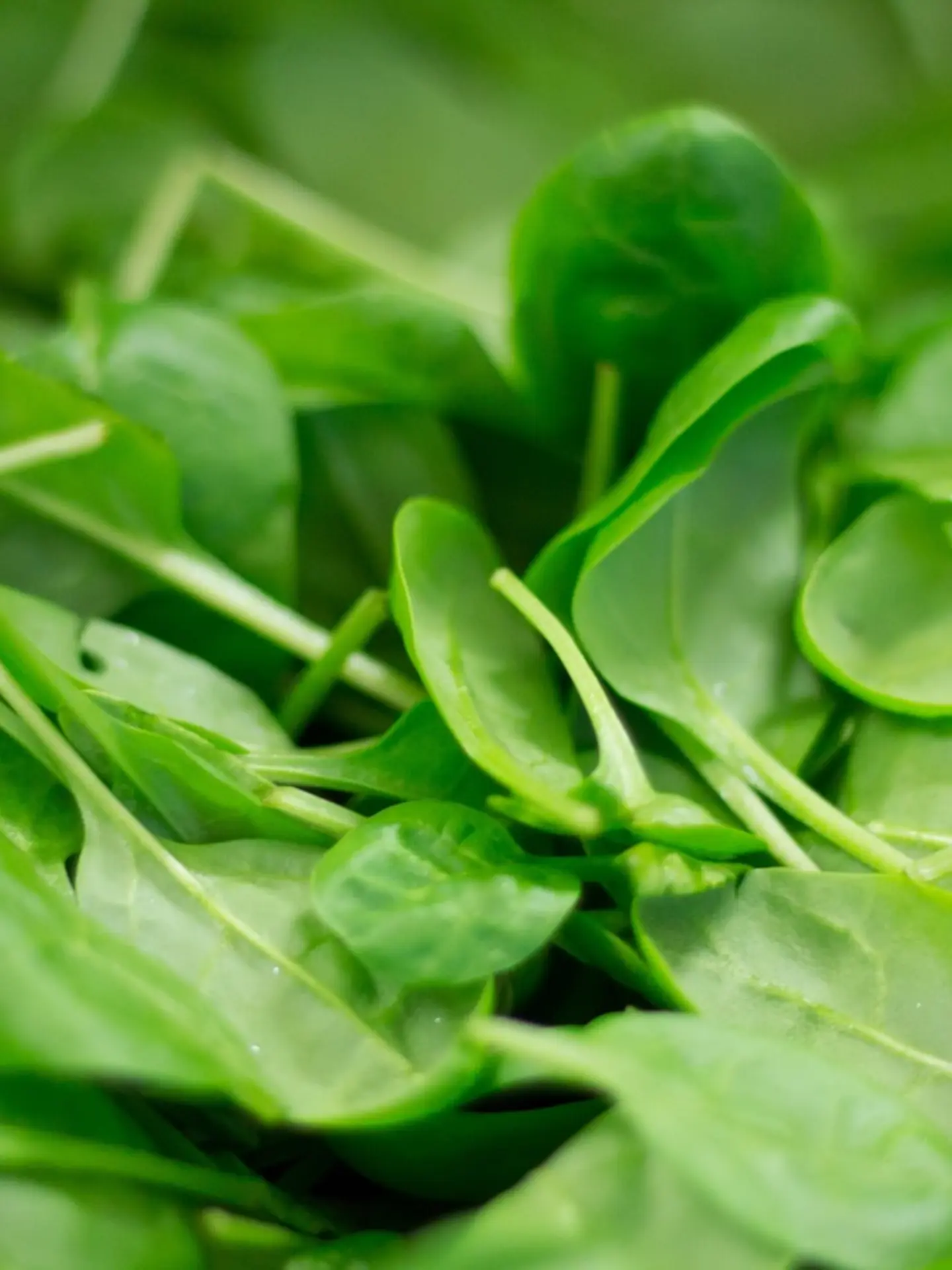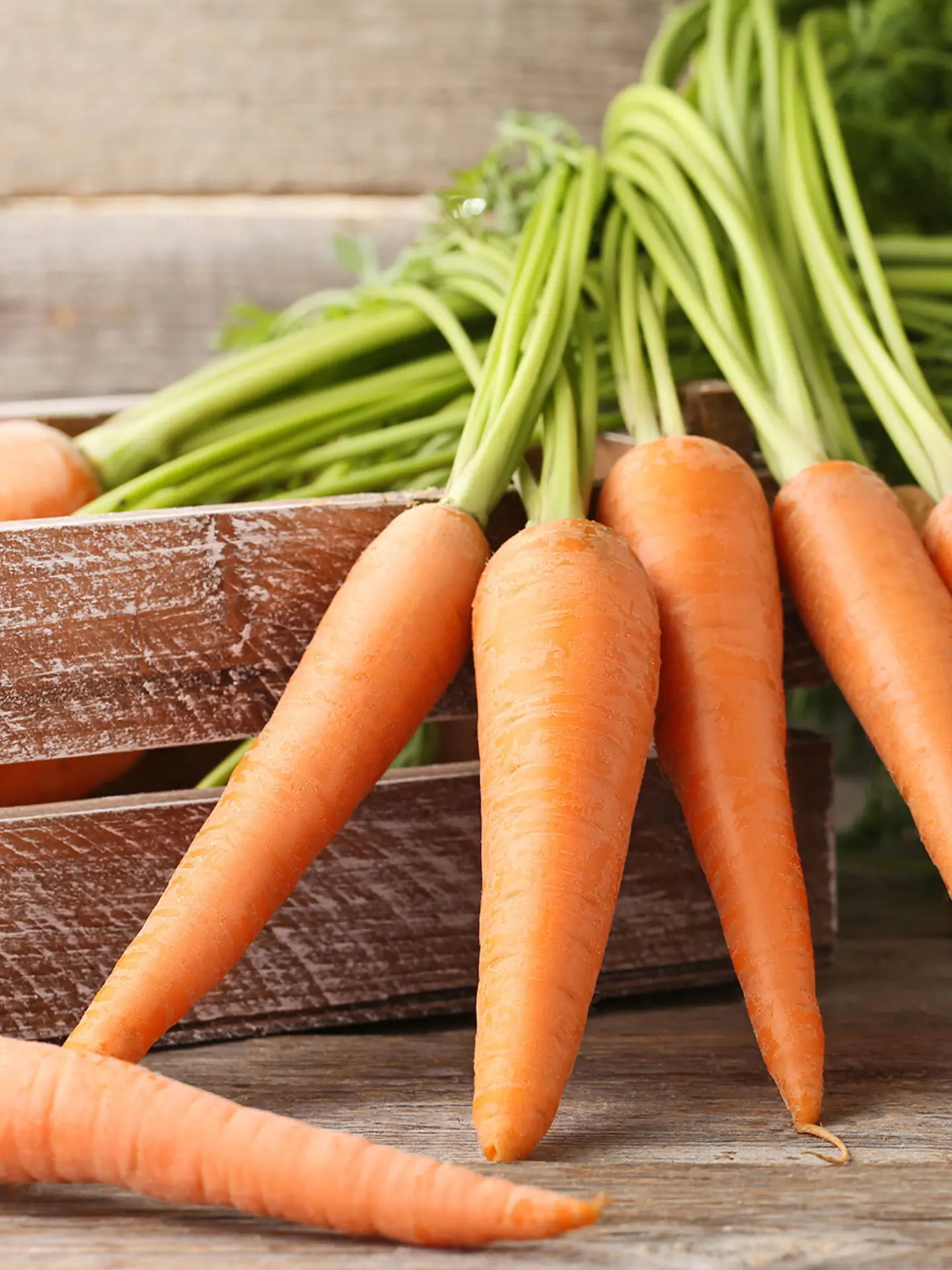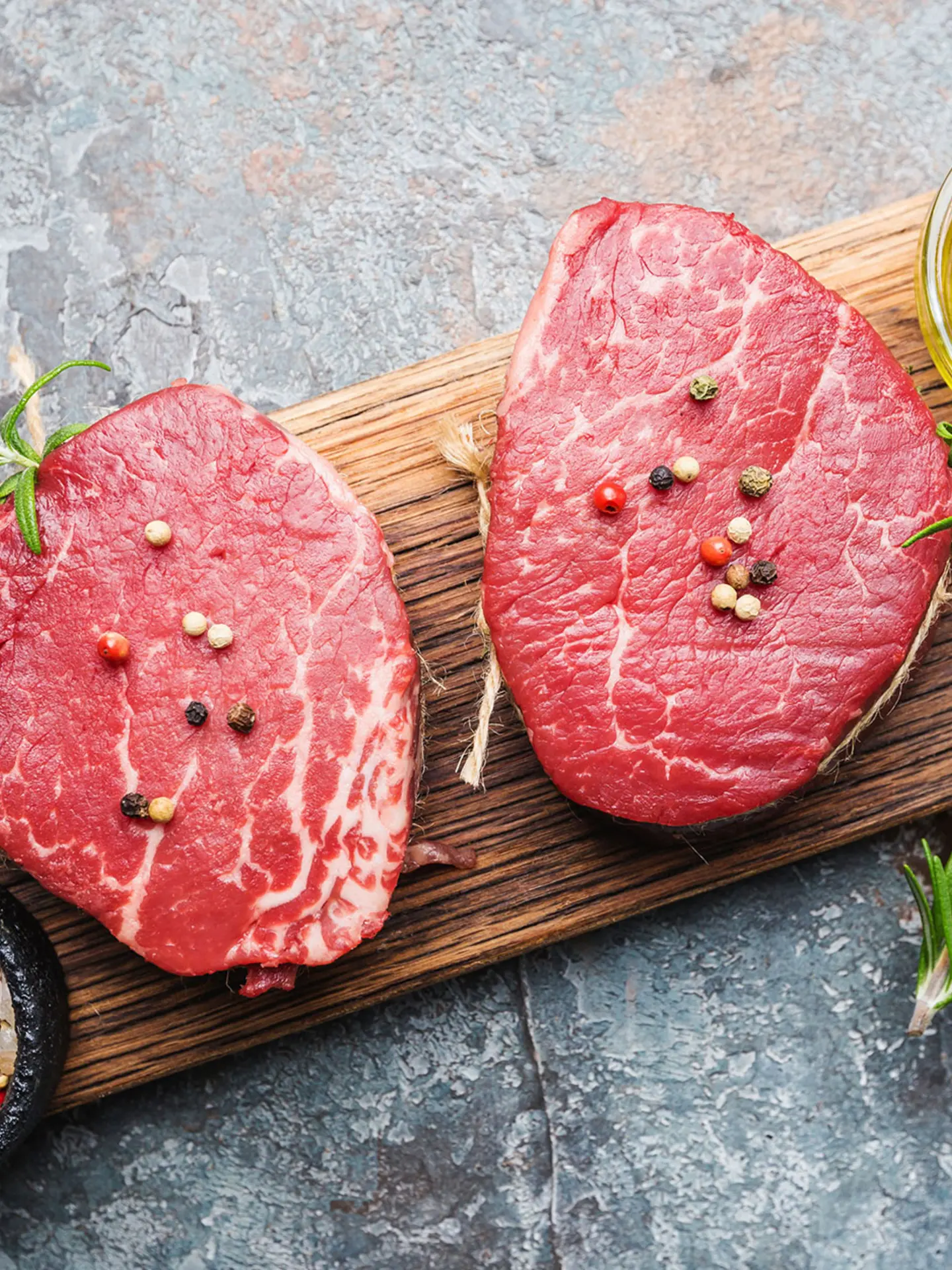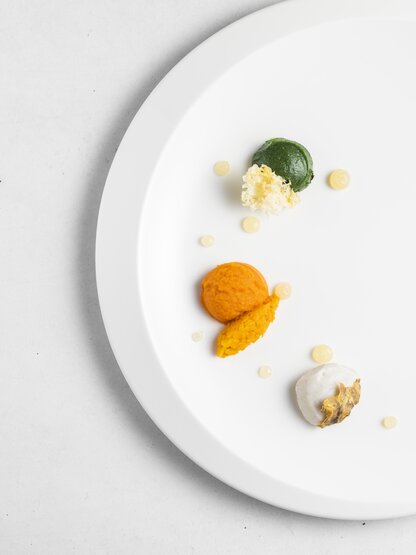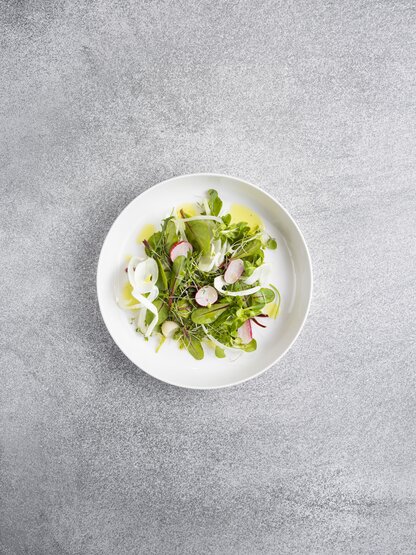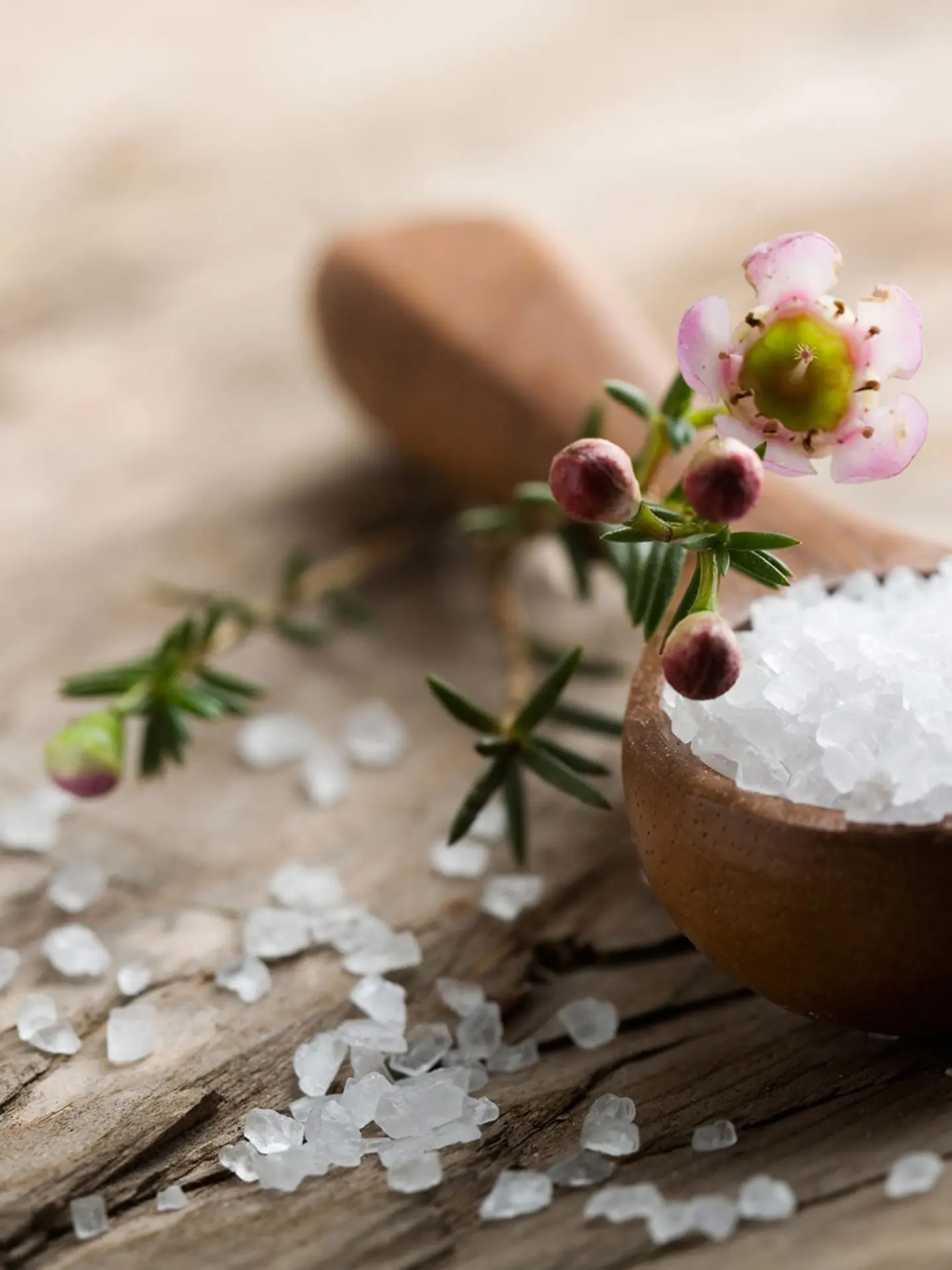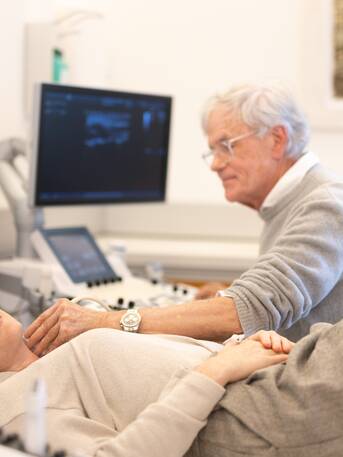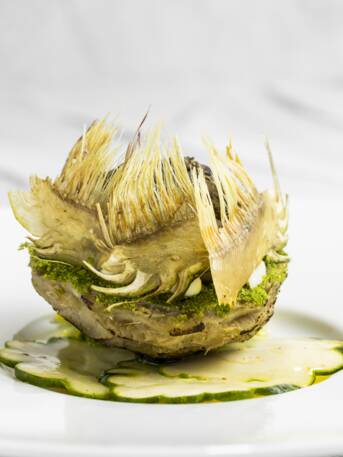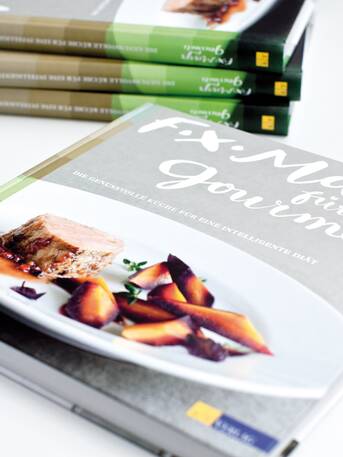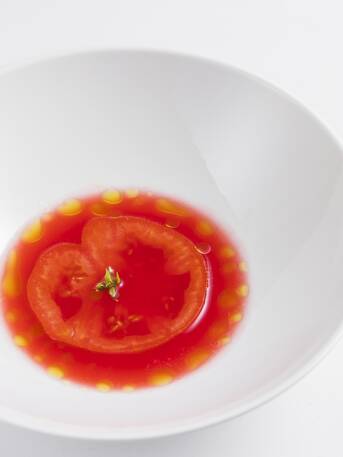Establishing food-facts
‘To err is human’, to eat erroneously is too: we clear up some of the falsehoods and half-truths that have been obscuring the scientific perspective on nutrition for decades. Dr Peter Gartner explains the truth about the old adage that carrots are good for your eyesight, and more …
Does spinach correct iron deficiency?
Misconception 1
Answer: No. Over a century ago, a study into the iron content of a range of foods noted that spinach contained an astounding 35 milligrams of iron per 100 grams. Decades later, this amount was accepted without question by the medical world, and so became the cause of many an intergenerational dinner-table debacle. Had the doctors read the small print, things might have turned out quite differently.
The researchers had been looking at dried spinach – powdered spinach in cans – and this is what led to such sensational results. The iron content of non-dried spinach – fresh or frozen – is a very modest 3.5mg. Just think how many family dramas could have been avoided!
Do carrots improve eyesight?
Misconception 2
Antwort: No! To see well, we need physics and chemistry. Physics because all of the eye’s optic equipment has to be perfectly calibrated to project a sharp image onto the retina. And chemistry because substances such as vitamin A are required to convert that image into a nerve stimulus and form it in the brain. Vitamin A builds up rhodopsin – necessary for our inner night vision camera – so a lack of it makes seeing in the dark more difficult. If our dietary intake of vitamin A is too low, it can be produced in the gut from one of its precursors, beta carotene. And, as the name suggests, beta carotene is found in carrots.
Theoretically therefore, difficulty seeing in the dark caused by a lack of vitamin A could be improved somewhat with a huge intake of carrots, but your vision won’t actually improve in terms of sharper images.
Is barbecued food carcinogenic?
Misconception 3
Answer: Yes, but ...! Generally speaking, cooking protein – especially by barbecuing – creates substances which play a role in the development of cancer. However, given our unchecked meat consumption and boundless love of barbecues, we should be seeing many more cancer cases (specifically bladder and stomach cancer) than official figures suggest. Researchers around the world have tried to get to the bottom of this discrepancy.
They found that most of the measures taken by barbecue cooks to improve flavour also reduce the harmful effects of carcinogenic substances, and in some cases may even stop their development. Marinating food, using mustard, herbs and spices, and browning from the grill on charcoal all work wonders. And a freshly drawn beer puts the carcinogens out of action. However, this doesn’t make barbecuing entirely harmless: remember, it’s the dose that makes the poison!
Does milk make mucus?
Misconception 4
Answer: No!
Traditional Chinese medicine recognises a range of influencers on health, of which Wind and Dampness are some the most dreaded. Milk is one of the foods known to cause Dampness in the body, so you won’t be surprised to know that Chinese medicine discourages milk consumption. But there is a very particular background to this idea: starting in childhood, the genetic makeup of many Asian people reduces their ability to digest milk sugar, making them lactose intolerant. After consuming lactose-rich foods such as milk, people who are lactose intolerant experience bloating, abdominal pain and diarrhoea – the latter being a symptom categorised as Damp in TCM. However, none of this relates to mucus congestion as we think of it.
Does salt increase blood pressure?
Misconception 5
Answer: No! Only in very elderly people can taking too much salt lead to a measurable increase in blood pressure; the connection does not apply to the rest of the population. The misconception that salt increases blood pressure is the result of one of medical history’s greatest falsifications: the INTERSALT study. This large-scale international analysis was supposed to show that the average blood pressure of the over 50 population groups studied correlated with average salt consumption. But no statistically significant relationship could be established. ‘Luckily’, however, the study did find a small number of the population groups – statistical outliers – which confirmed the hypothesised relationship between salt and blood pressure, and it was the latter data that was ultimately published. Since then, most doctors have worked on the assumption that salt increases blood pressure.
